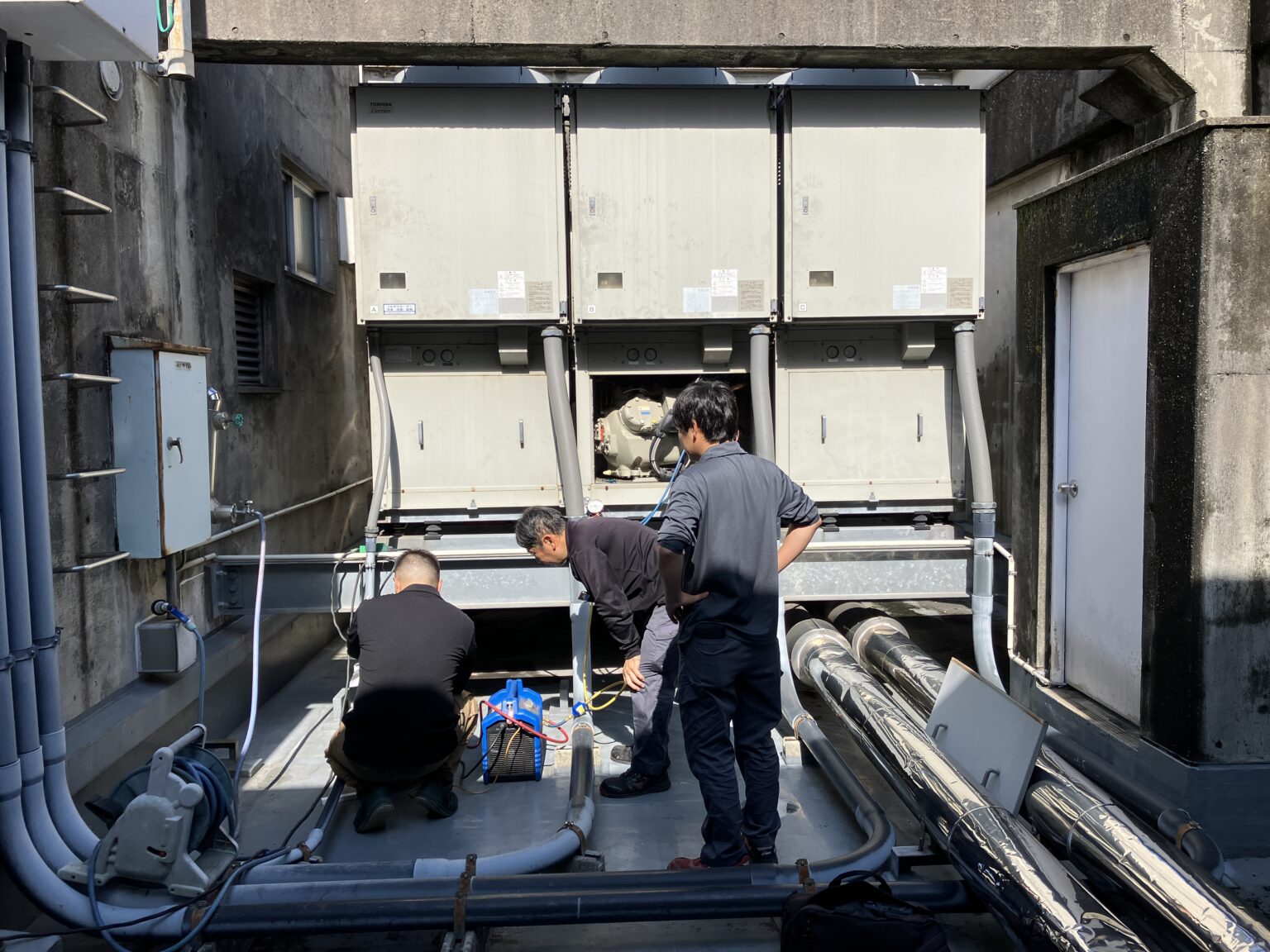The 10 Most Impactful Tech Trends in Modern Engineering
페이지 정보
작성자 Lashonda 댓글 0건 조회 2회 작성일 25-10-25 02:58본문

The engineering sector is undergoing a dramatic evolution driven by a next-generation advancements that are transforming the entire project lifecycle. These innovations are not just boosting productivity but are also unlocking solutions to longstanding engineering barriers.
One of the most impactful technologies is artificial intelligence and 家電 修理 machine learning. These tools are being used to enhance structural performance, predict equipment failures, and streamline repetitive workflows, allowing engineers to concentrate on innovation-driven tasks.
Another key development is digital replicas, virtual replicas of physical assets, that enable continuous performance analysis. This allows for more accurate hazard modeling and condition-based servicing across industries like manufacturing, energy, and infrastructure.
Building information modeling has evolved beyond its original scope as a design tool to become a central platform for collaboration. With seamless data interoperability and cloud-based storage, teams can now coordinate seamlessly across global offices.
Additive manufacturing or 3D printing is also revolutionizing prototyping and production. Engineers can now create complex geometries that were impossible with conventional methods, minimizing resource consumption while accelerating timelines.
Robotics and automation are being deployed in hazardous environments, from offshore oil rigs to radioactive reactors, minimizing human exposure while maximizing accuracy.
The integration of the IoT has unified disparate monitoring systems to create adaptive built environments. Bridges, roads, and power grids now stream real-time diagnostics, enabling proactive maintenance and maximizing system uptime.
Advanced materials such as smart concrete, fiber-reinforced polymers, and thermal storage alloys are enhancing resilience and thermal performance in civil structures and engineered systems.
Quantum computing, though still in its developmental infancy, holds promise for solving complex optimization problems in structural analysis and logistics planning that would take classical computers years to complete.
Renewable energy technologies are being refined to integrate seamlessly into existing grids. Innovations in battery storage, hydrogen fuel cells, and smart grid management are allowing engineers to create future-proof, decarbonized utilities.
Finally, AR and VR are revolutionizing on-site workflows and education. Engineers can now visualize systems in 3D, anchor simulations directly to live infrastructure, and conduct remote inspections, enhancing precision while cutting logistics expenses.
Together, these ten technologies are not only modernizing the entire discipline but also unlocking new frontiers in capability in civil works, industrial production, and green tech. The engineers who adopt these innovations will lead the next generation of innovation.
댓글목록
등록된 댓글이 없습니다.





 전체상품검색
전체상품검색




